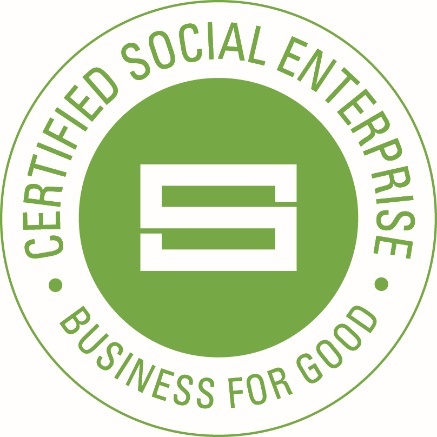
AMS was granted B Corporation status in 2017 due to its groundbreaking efforts in education and training and its hiring practices. Operating under a business model that is committed to uphold social goals, AMS is keenly focused on the underserved job seekers in the community. The underserved that AMS is actively working with span a wide demographic from single mothers to the homeless, to veterans and seniors, to individuals with a felony record and to individuals with disabilities. The focus of research in this article is on individuals with disabilities.
AMS CEO Ken Wiseman currently serves as Chair of the Santa Clarita Mayor’s Committee on Employment of Individuals with Disabilities, so he is doubly involved as both an employer and an advocate. The Mayor’s Committee promotes awareness and enables communication between local businesses and community organizations in an effort to assist businesses in finding appropriate candidates for employment.
Are the efforts making a difference? Can we see a change for the better?
An article published by PsychCentral, discusses some very positive conclusions reached by the Kessler Foundation and the University of New Hampshire, Institute on Disability. The study is quoted as follows: “The findings show that disabled people are actively engaging in job preparation and job search activities, and successfully negotiating barriers at work.” This one sentence speaks volumes.
The report goes on to say that among those surveyed, around 69 percent are striving to work and overcoming barriers to finding and maintaining employment. This is a very encouraging number and it seems to answer our question with good news. More good news has been compiled by the Bureau of Labor Statistics to bolster the report:
“Workers with disabilities made significant employment gains, however. According to BLS, the participation rate in the labor force for working-age people with disabilities increased from 28.6% in March 2017 to 31.7% in March 2018. The National Trends in Disability Employment (nTIDE) report, issued by the Kessler Foundation and the University of New Hampshire, Institute on Disability (UNH-IOD), said that the latest jobs numbers marked 24 consecutive months of ongoing employment gains for people with disabilities, outpacing the employment gains of people without disabilities.”
A third and similar article based on data from the study goes one step further, suggesting a shift in the way people in the US think about people with disabilities. They are seeing a fourfold jump in employment, and they conclude that television and other media have helped as well. They conclude, “At the macro level, we are absolutely seeing a shift in societal attitudes toward people with disabilities.” They also make it clear that getting hired is still very difficult. Even though there is positive news, there is still a great deal to be done.
These conclusions and statistics encourage us to believe that change is taking place. Appreciation for the progress can be offered to all parties concerned. The corporation does its part, helping job applicants over obstacles; the Mayor’s Committee does its part through advocacy and bringing parties together, the community organizations do their part preparing individuals for work and individuals with disabilities do their part by seeking fulfilling employment.
For AMS, reports and statistics are not the only things that measure the progress of their efforts. Employees who are happy with their work, who are engaged in in training and advancing, who are better able to provide for themselves and their families make for satisfied clients and a successful business.




